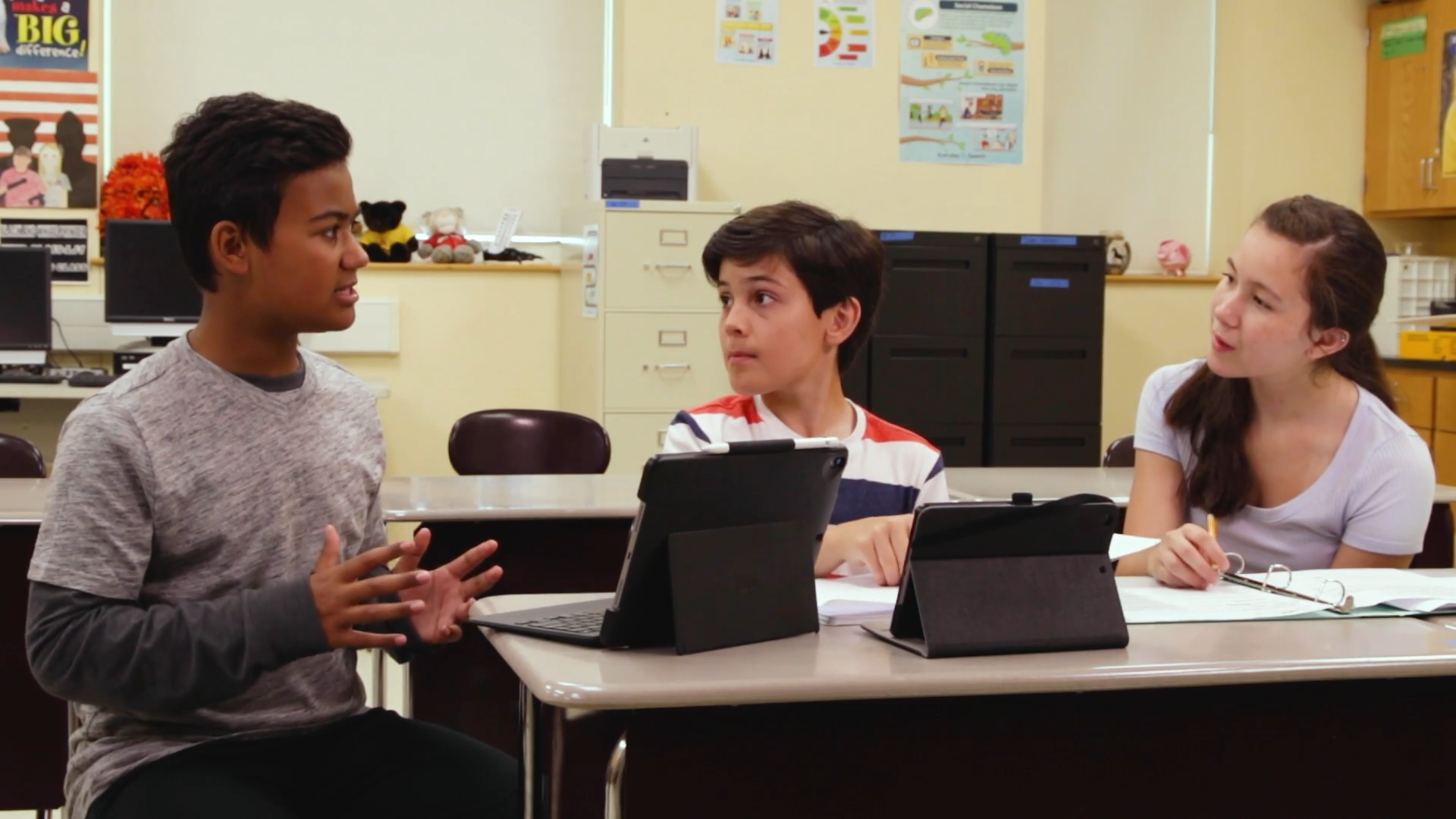
Introduction
Group work is an essential skill that students need to develop in order to collaborate effectively with others. In special education, teaching group work skills can be particularly important, as it helps students to build social connections and improve their ability to work cooperatively. This blog post will explore the four key components of group work, which are:
- Accept the group you’ve been assigned
- Organize the tasks
- Share ideas
- Encourage the work to continue
We will also provide a no-prep activity for educators, discussion questions to stimulate further exploration, related skills, and resources for continued learning.
No-Prep Activity: Group Work Role Play
This activity requires no preparation or materials from the educator and can be easily adapted to any group size. Begin by dividing the students into small groups of 3-5. Assign each group a simple task or project to complete, such as creating a poster, planning a party, or designing a new product. Inform the students that they will be practicing the four key components of group work during this activity.
As the groups work on their assigned tasks, encourage them to focus on the following aspects:
- Accepting the group: Remind students to be open to working with new people and to respect the opinions of their group members.
- Organizing tasks: Promote the use of questions and suggestions to divide the work among group members, rather than dictating roles.
- Sharing ideas: Encourage students to take turns sharing their ideas and to find a balance between contributing and accepting others’ input.
- Encouraging work: Teach students to offer positive feedback and support to their group members, keeping the group motivated and engaged.
After the activity, gather the students for a debriefing session where they can reflect on their experiences and discuss the challenges and successes they encountered during the group work.
Discussion Questions
- Why is it important to accept the group you’ve been assigned and work with new people in school?
- How can using questions and suggestions help to organize tasks efficiently in a group setting?
- What strategies can you use to find a balance between sharing your ideas and accepting others’ ideas in a group?
- How does offering encouragement and positive feedback contribute to a successful group work experience?
- What challenges did you face during the group work activity, and how did you overcome them?
Related Skills
In addition to the four key components of group work, there are several related skills that can enhance students’ ability to collaborate effectively with others. These skills include:
- Active listening: Paying close attention to what others are saying, and responding thoughtfully to their input.
- Conflict resolution: Addressing disagreements or issues within the group in a constructive and respectful manner.
- Time management: Ensuring that the group stays on track and completes tasks in a timely fashion.
- Flexibility: Being open to changes in the group’s plans or ideas, and adapting to new situations as they arise.
- Empathy: Understanding and appreciating the feelings and perspectives of others.
Next Steps
Teaching group work skills in special education can have a significant impact on students’ social and emotional development. To further explore and incorporate these skills into your classroom, we encourage you to sign up for free samples of our skill-based resources and materials. By providing students with the tools they need to succeed in group work, you can help them build strong relationships and thrive in collaborative settings.

